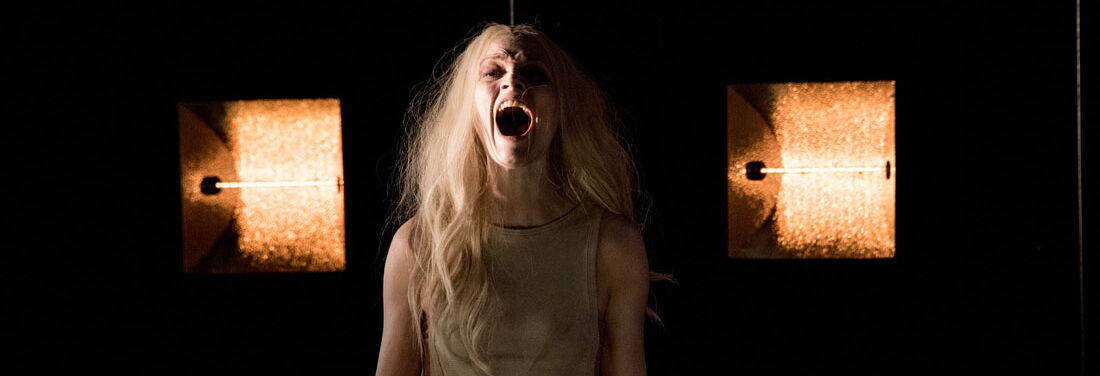
Receptions of Antigone: Death, Life, and Gender in Hegel and Butler
In times of social and political unrest, the history of philosophy has repeatedly returned to Sophocles’ Antigone. During the French Revolution, Hegel, in search for a self-understanding of the Germanic people, interprets the play’s conflict as situated between two poles of the law. Creon represents the masculine, the state, and the written word, and prohibits the shrouding of Polynices’ remains. Antigone protests against this prohibition, embodying the feminine, eternity, and speech. In the 20th century, however, feminist scholars like Nicole Loraux argued that Antigone’s gender role was ambivalent, oscillating between phallic speech and female mourning. In her examination of Hegel and later feminist critiques, Judith Butler interprets the play as a confrontation of minorities with state authority that prohibits a dignified burial of their dead.
Against the backdrop of a rich history of receptions of Antigone, this dissertation project explored how Hegel and Butler interpret gender issues and death rituals in Sophocles’ tragedy, and what social conclusions they draw from them. Assuming that a life only counts as such if it can be mourned by others, Butler situates the play in the present day. In light of prohibitions on mourning in wars, dictatorships, and epidemics, she asks which bodies can and cannot be mourned. The way in which death is ritualized alters the gender dynamic, which, to both philosophers, is a key element in the constitution of society.
Fig. above: Antigone by Sophocles, Burgtheater 2015, with Mavie Hörbiger in the role of Ismene (detail), Christian Michelides / Burgtheater / CC BY-SA 4.0, source: Wikimedia Commons
Events
Paula Magalhães: Antígona y lo impossible
Universitat de Barcelona
Paula Magalhães: Antigone jenseits der ewigen Ironie des Gemeinwesens
Kiel University
Paula Magalhães: Models of Women in Bourgeois Society
Panteion University of Social and Political Sciences, Λεωφόρος Ανδρέα Συγγρού 136, Φραγκούδη Πάντου, Kallithea 176 71, Greece